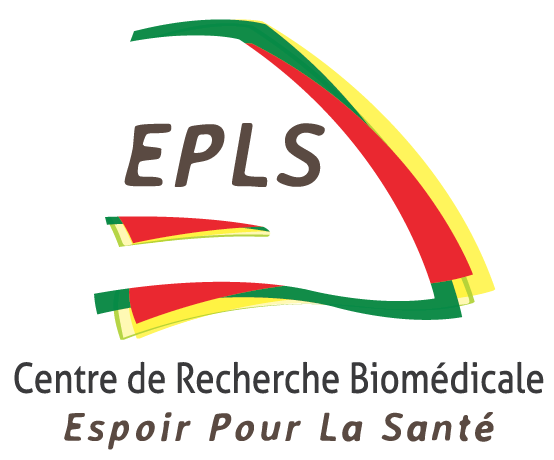Schistosomiasis coinfection in children influences acquired immune response against Plasmodium falciparum malaria antigens.
Diallo TO, Remoue F, Gaayeb L, Schacht AM, Charrier N, De Clerck D, Dompnier JP, Pillet S, Garraud O, N'Diaye AA, Riveau G.
PloS One, 2010, 15;5(9):e12764 (PMID : 20856680)
BACKGROUND: Malaria and schistosomiasis coinfection frequently occurs in tropical countries. This study evaluates the influence of Schistosoma haematobium infection on specific antibody responses and cytokine production to recombinant merozoite surface protein-1-19 (MSP1-(19)) and schizont extract of Plasmodium falciparum in malaria-infected children. METHODOLOGY: Specific IgG1 to MSP1-(19), as well as IgG1 and IgG3 to schizont extract were significantly increased in coinfected children compared to P. falciparum mono-infected children. Stimulation with MSP1-(19) lead to a specific production of both interleukin-10 (IL-10) and interferon-? (IFN-?), whereas the stimulation with schizont extract produced an IL-10 response only in the coinfected group. CONCLUSIONS: Our study suggests that schistosomiasis coinfection favours anti-malarial protective antibody responses, which could be associated with the regulation of IL-10 and IFN-? production and seems to be antigen-dependent. This study demonstrates the importance of infectious status of the population in the evaluation of acquired immunity against malaria and highlights the consequences of a multiple infection environment during clinical trials of anti-malaria vaccine candidates.

